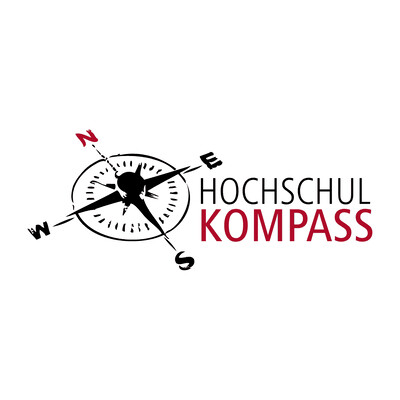Childhood education and multilingual educationpart time degree programmes for professionals, dual system
- Degree
- Bachelor of Arts
- Bachelor
- Standard period of study (amount)
- 11 trimesters
- Location
- Bad Homburg
- Deadlines
- No information
Overview and admission
Study Type
undergraduate
Admission semester
Winter Semester only
Area of study
Children's Education
Focus
Early Childhood Education and Learning, Developmental Psychology, Diagnostics, Linguistic Heterogeneity, Language Education, Early Education in Mathematics, Natural Sciences and Technology, Subject-based Learning in the Digital World, Quality Management, Inter-institutional Cooperation and Communication, Business Administration Modules for Management Positions
Annotation
Seeing the world through children's eyes and accompanying the youngest in their rapid development - that makes "working with children" a dream job. And: The need for highly trained professionals in early education is immense. These are the best prerequisites for starting a career in this professional field with the Bachelor's degree course Childhood Education and Multilingual Education B. A. career paths in this professional field. Exciting professional activities await you, for example in the management of a day care centre. You can look forward to a multifaceted and proven combination of in-depth knowledge of social work and pedagogy, practical phases, management expertise and future skills. Key area modules: - Language Education - Aesthetic Education - MINT - Subject-based Learning in the Digital World Basic modules, such as: - Developmental and learning psychology - Education and Learning - Diagnostics - Linguistic Heterogeneity Management modules, such as: - Business Administration and Legal Principles - Financial Management - Inter-institutional Cooperation and Communication Future skills modules: - analytical skills - Competence in dealing with data - Comprehensive social skills - Digital skills - Scientific work Practical relevance - Individual full-time studies: Supervised project study during the up to six-month practical phase at the end of the degree course; Continuous work placements during the degree course. - Degree programme with vocational and academic elements: Supervised practical work and project studies; High degree of practical relevance through three working days per week. - Career-integrated studies: Supervised practical work and project studies; High degree of practical relevance through simultaneous professional activity.
Admission modus
Selection procedure / qualifying examination
Admission requirements
- Successful completion of a master craftsman's examination or similar completion of professional advanced continuing education or - Training as a state-recognised educator or - Completion of at least two years of vocational training followed by at least two years of full-time work in the training profession in the area related to the degree course
Lecture period
Tuition fees
- Monthly instalments for degree programmes with vocational and academic elements: In the dual degree course, your dual practice partner pays the tuition fees and also often pays a training allowance. - Monthly instalments for career-integrated studies: EUR 330 or EUR 400, depending on whether we can credit content from education and training
Languages of instruction
Main language
German

